A 112-acre estate in Hardy country with nine bedrooms and glorious gardens that is far from the madding crowd
Bingham's Melcombe in Dorset is a 'real gem', say agents, and is so quiet you won't hear 'a car door slamming'.

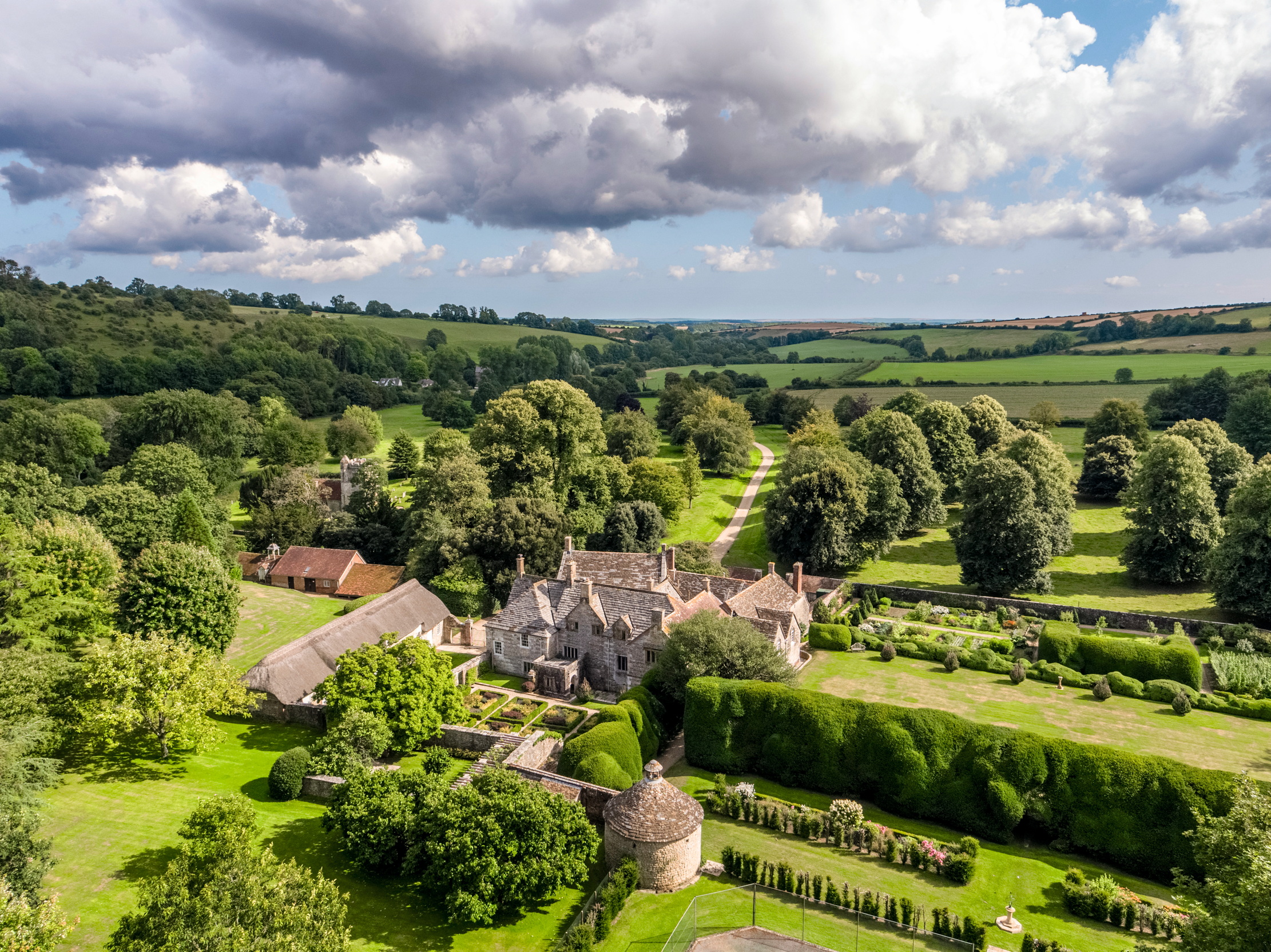
Thomas Hardy's Far From the Madding Crowd (1874) was his first of many novels to be set in the fictional county of Wessex. A broader interpretation has taken the area to include all of South-West England, but, in some people’s imaginations, Wessex is Dorset. He referred to its landscapes time and again as a backdrop for his tales of love and tragedy. When guides to Hardy’s literary landmarks began to appear, it alarmed the author, who wrote in the preface to the 1895 edition of Far From the Madding Crowd that Wessex was ‘a merely realistic dream-country’
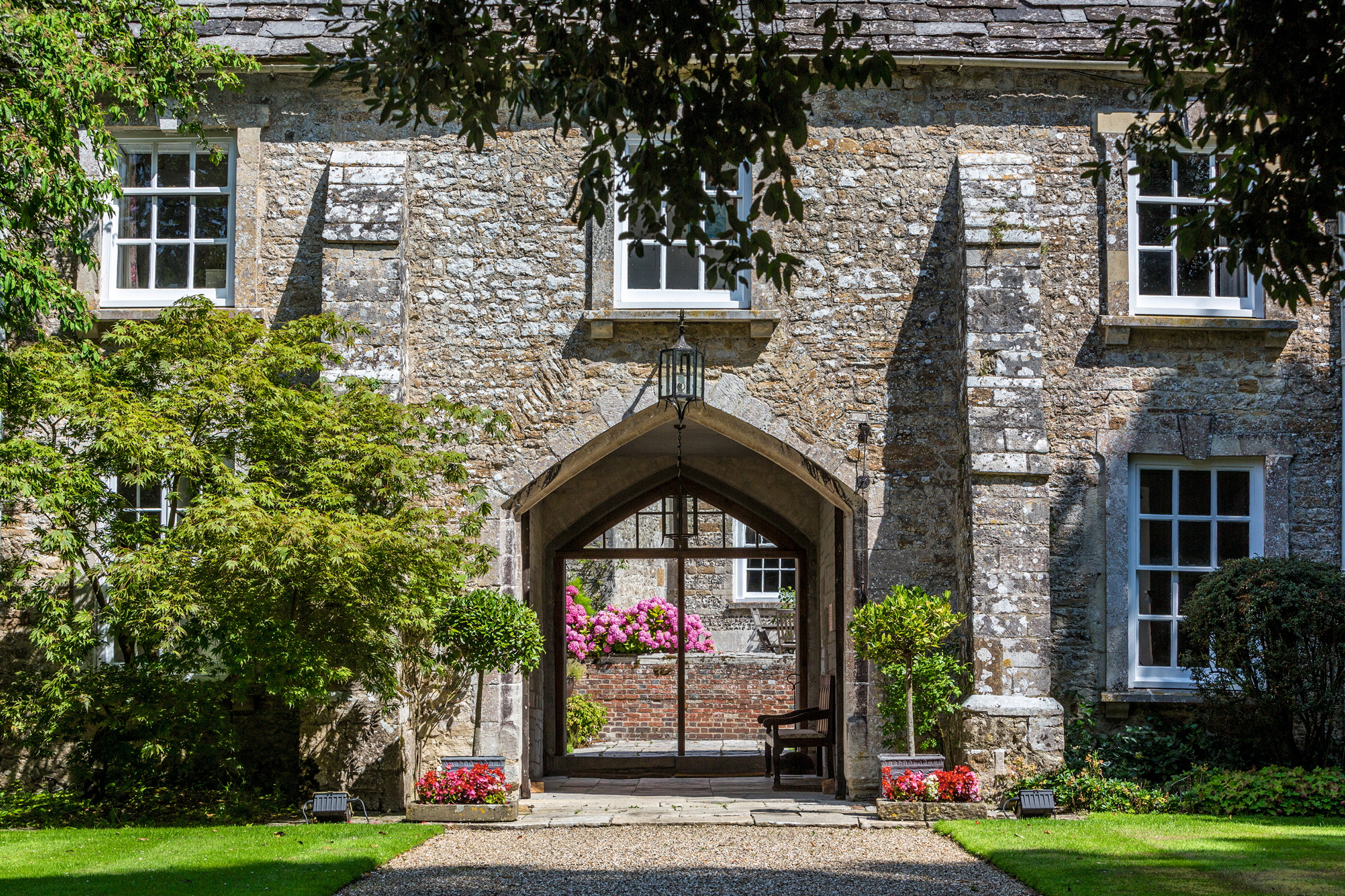
Dorset, for many, is dream country and the epitome of unspoilt English countryside. It is gloriously unscathed by motorways; even the A303 only briefly dips across the county border at Bourton. Further unscarred by the Industrial Revolution that passed it by, Dorset’s ancient hill forts, chalk downs, wooded valleys and rural charm have attracted artists and writers for centuries. The most spirited of fans call it England’s Tuscany—a place you think you know, until you look beyond the obvious towns and famous views.
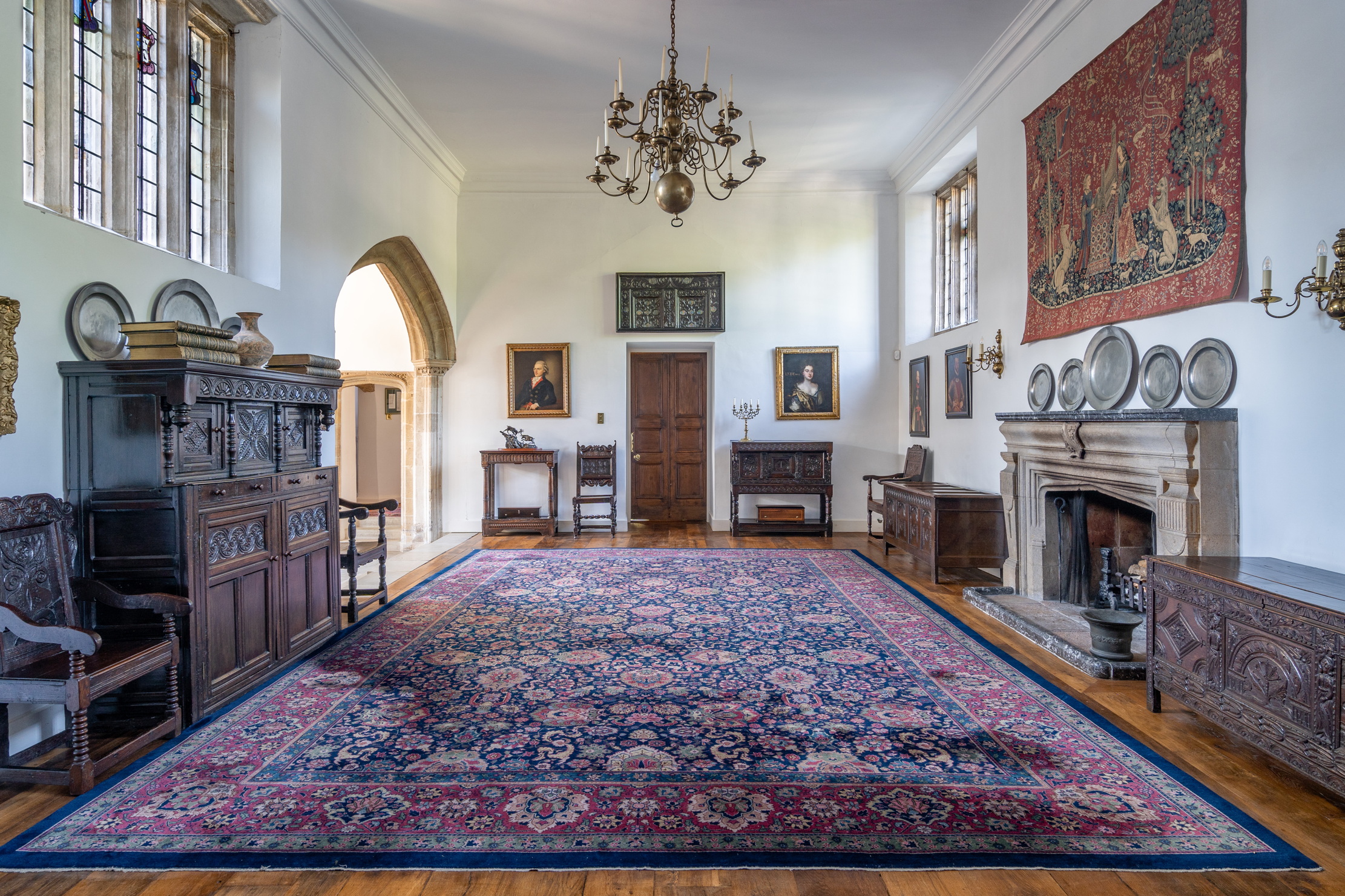
This week sees the launch of a Dorset estate, one that selling agent James Crawford of Knight Frank says represents a once-in-a-decade opportunity. Bingham’s Melcombe, near Dorchester (or Casterbridge in the Hardy lexicon), is a small 112-acre country estate set in its own combe; Knight Frank quote a guide price of £8 million (a separate mill house is available in a further lot for a guide price of £850,000). Alongside an impressive Grade I-listed manor house, it comes with a Dower House, two cottages and historic landscaped gardens. Mr Crawford describes the setting as ‘gorgeous: a heaven. It’s so quiet, you don’t hear a car door slamming. You might spot the odd parishioner going to church in the distance [the parish church, St Andrew’s, is the only building not owned by the estate], but that’s it’.
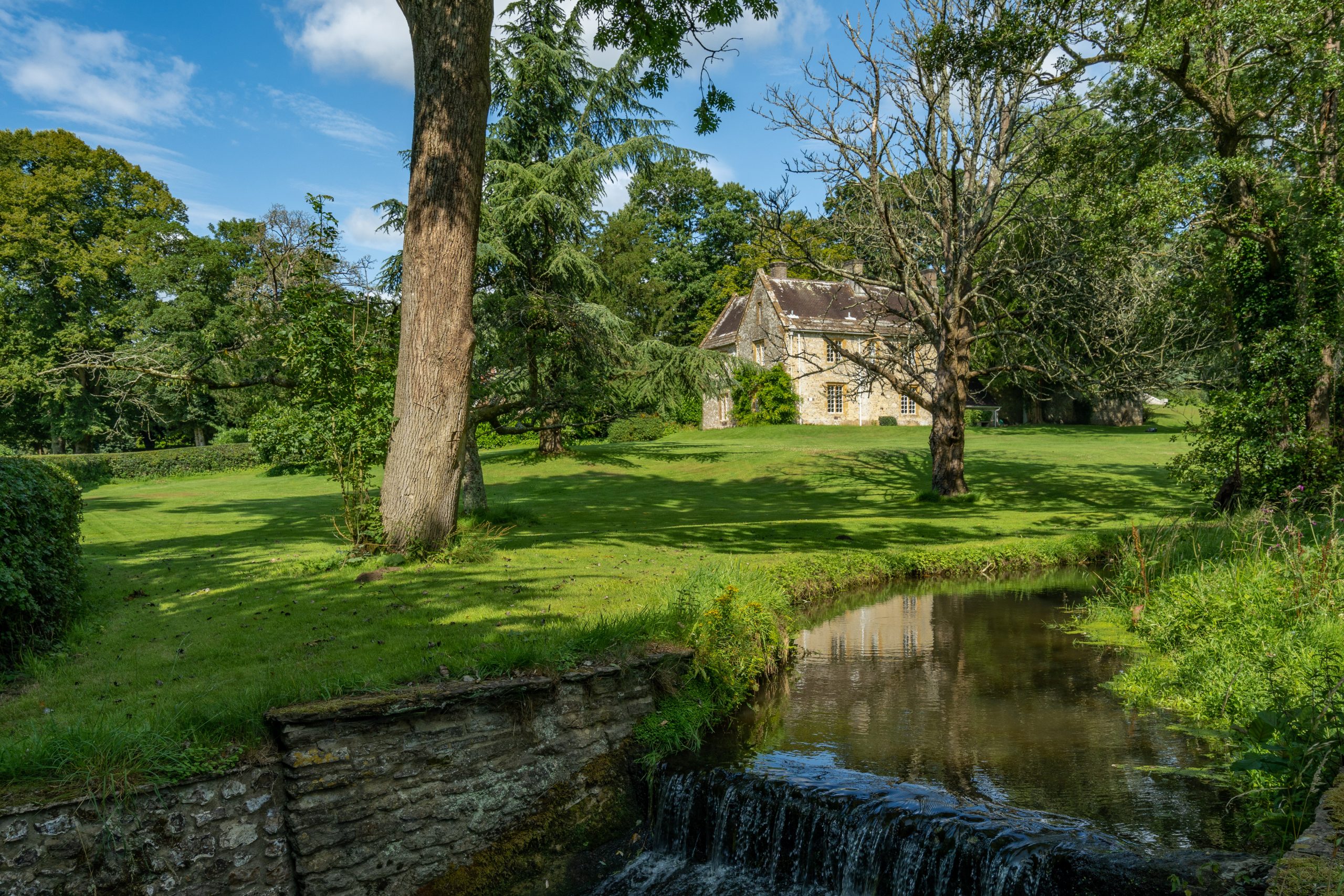
Two stone eagles stand on the gateposts to the property; the eagle was on the crest of the Bingham family, who lived in the house for nearly 600 years. Before that, it was owned by the Turbervilles, a Norman family, until, in the late 13th century, Sir Robert Turberville’s daughter and heiress, Lucy, married Robert Bingham of Sutton Bingham in Somerset. Thereafter, the Binghams occupied the estate continuously until 1895. It’s no accident that the name Turberville so closely echoes the d’Urbervilles of Tess fame; a further connection to the book is the character Parson Tringham, said to be a reference to descendant Revd George Bingham.
In the latter part of the 19th century, after some extensive and expensive renovations to the property, the Binghams’ fortune dwindled and, in 1895, the manor house was sold. It passed through various owners during the 20th century, including Lord Southborough, chairman of Shell Oil, who had the means to install electricity, mains water, central heating and bathrooms. Around this time, the gardens were restored by renowned landscape architect Sir Geoffrey Jellicoe. For the past four-odd decades, Bingham’s Melcombe has been in the hands of the Langham family, who are now selling.
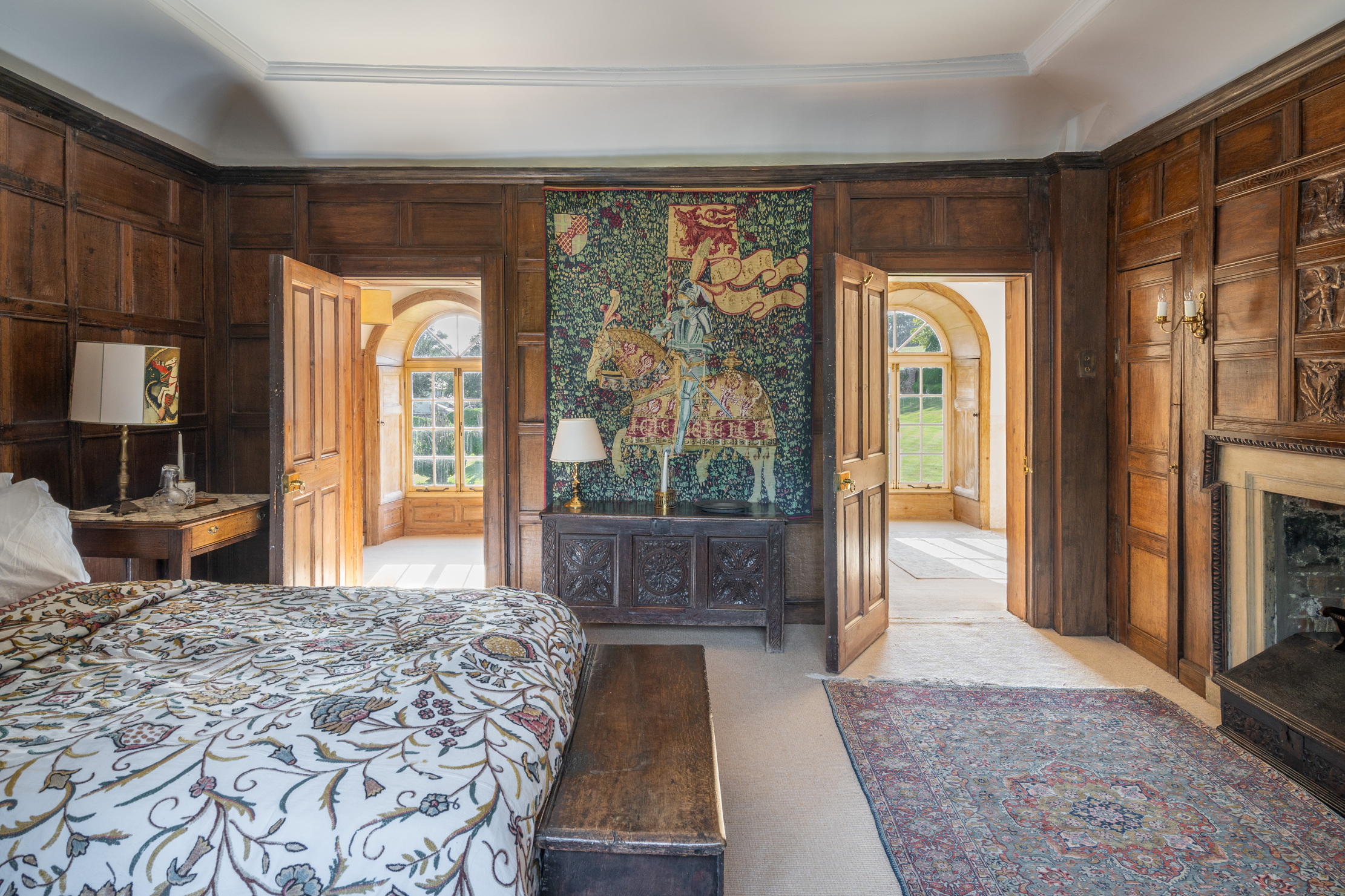
Approached through a 14th-century gatehouse, one of the earliest complete surviving parts of the house, the property is, according to Mr Crawford, ‘one of Dorset’s undiscovered and untouched treasures’. The interiors boast a mix of 17th- and 18th-century decorative details, with light and high-ceilinged reception rooms looking out over the gardens. The main house has nine bedrooms and six bathrooms laid out in two wings.
The gardens roll out to the north and west through a series of rooms that includes a Ladies’ Garden and a productive walled kitchen garden, with two greenhouses and a potting shed. The upper terrace is divided into discrete areas with a tennis court and Grade II-listed 17th-century dovecote. To the north is a knot garden and summer house.
Exquisite houses, the beauty of Nature, and how to get the most from your life, straight to your inbox.
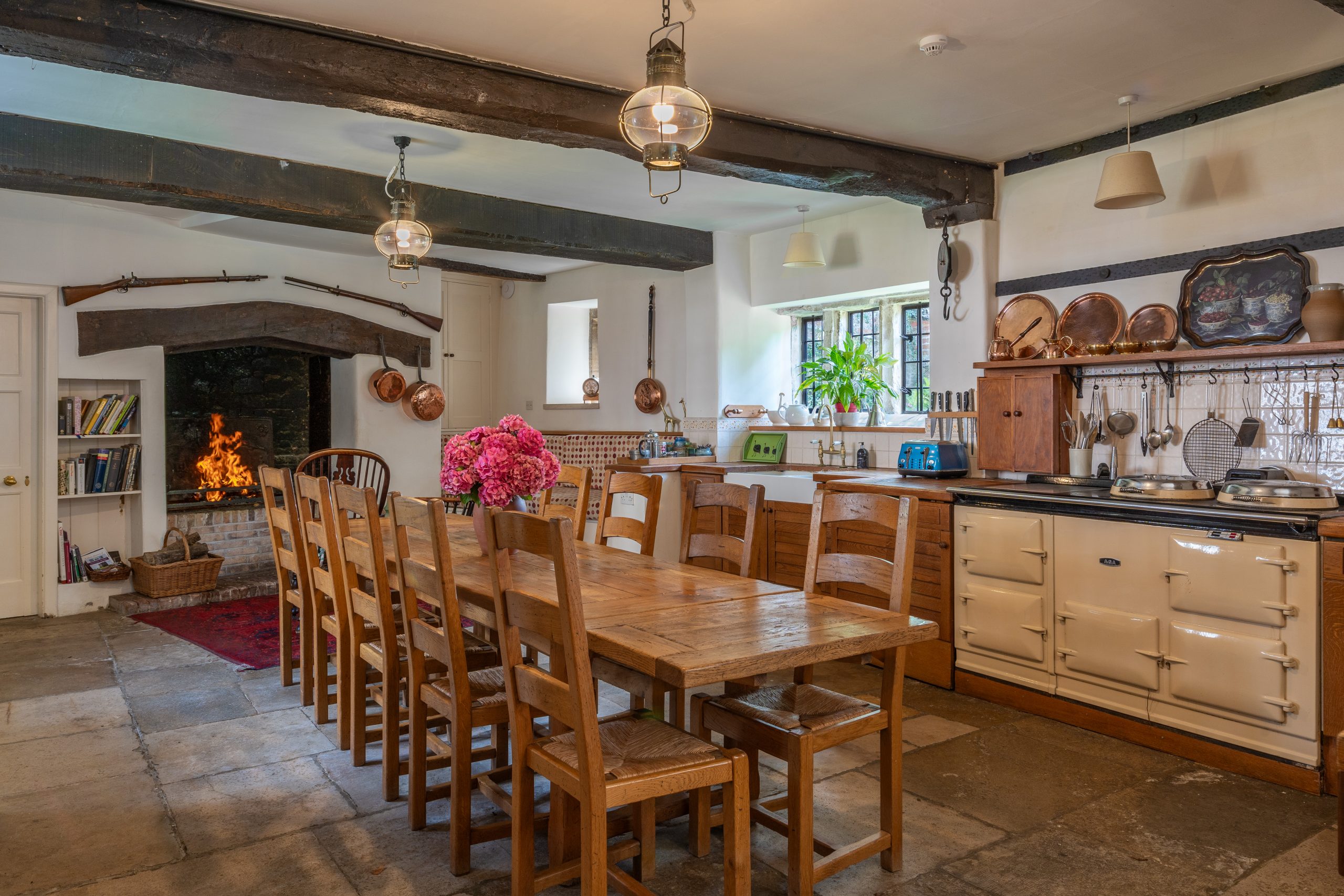
Until now, the Dower House has been used as offices, but, with a kitchen and four bedrooms, there’s plenty of scope for bringing it back into residential use (subject to the usual permissions). In addition to the two cottages, a series of outbuildings includes a garage block and thatched stables.
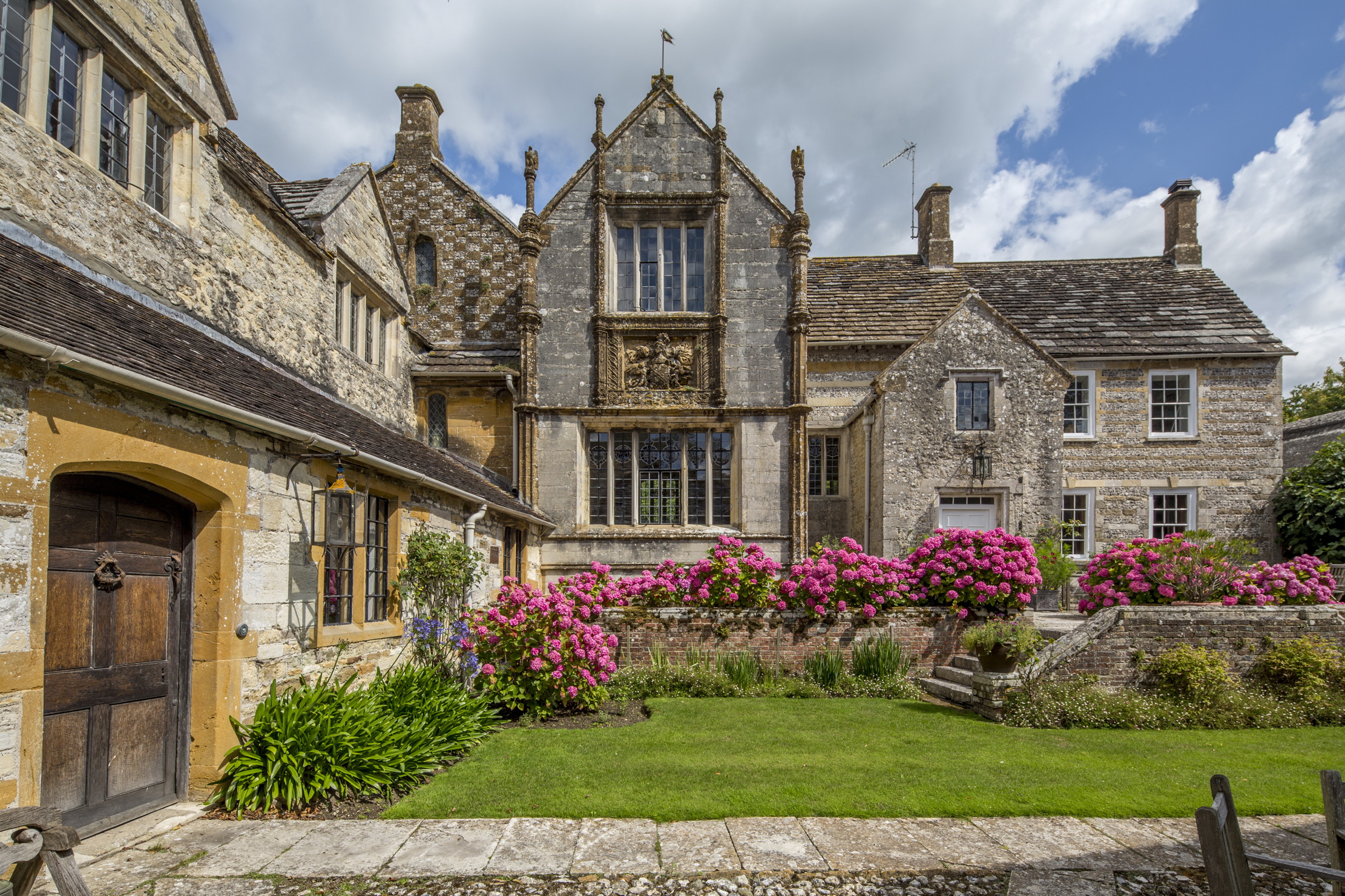
‘In summary, there’s a lot of opportunity, but the estate isn’t too daunting in size,’ adds Mr Crawford. He believes the next custodians could come from a wide range of buyers, including those of the international market with children at school in any one of the large number of highly regarded independents in the area. ‘Hardy country is a huge draw for many and Bingham’s Melcombe is a real gem.’
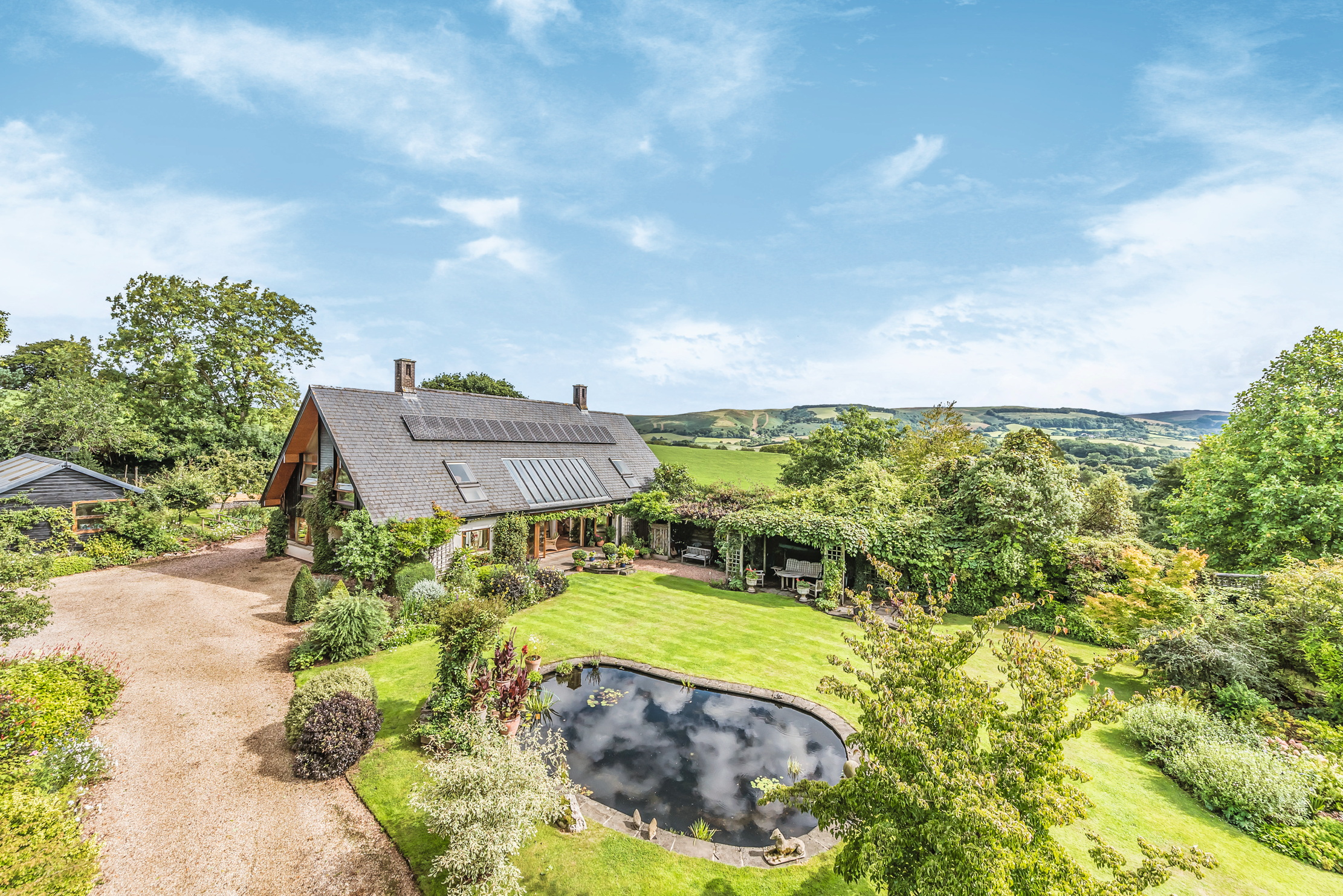
Credit: Humberts
A Nordic-style home with solar panels that sits on the edge of one of Somerset's best villages
Higher Kingswood near Stogumber is a dream of functionality and form, bathed in natural light.
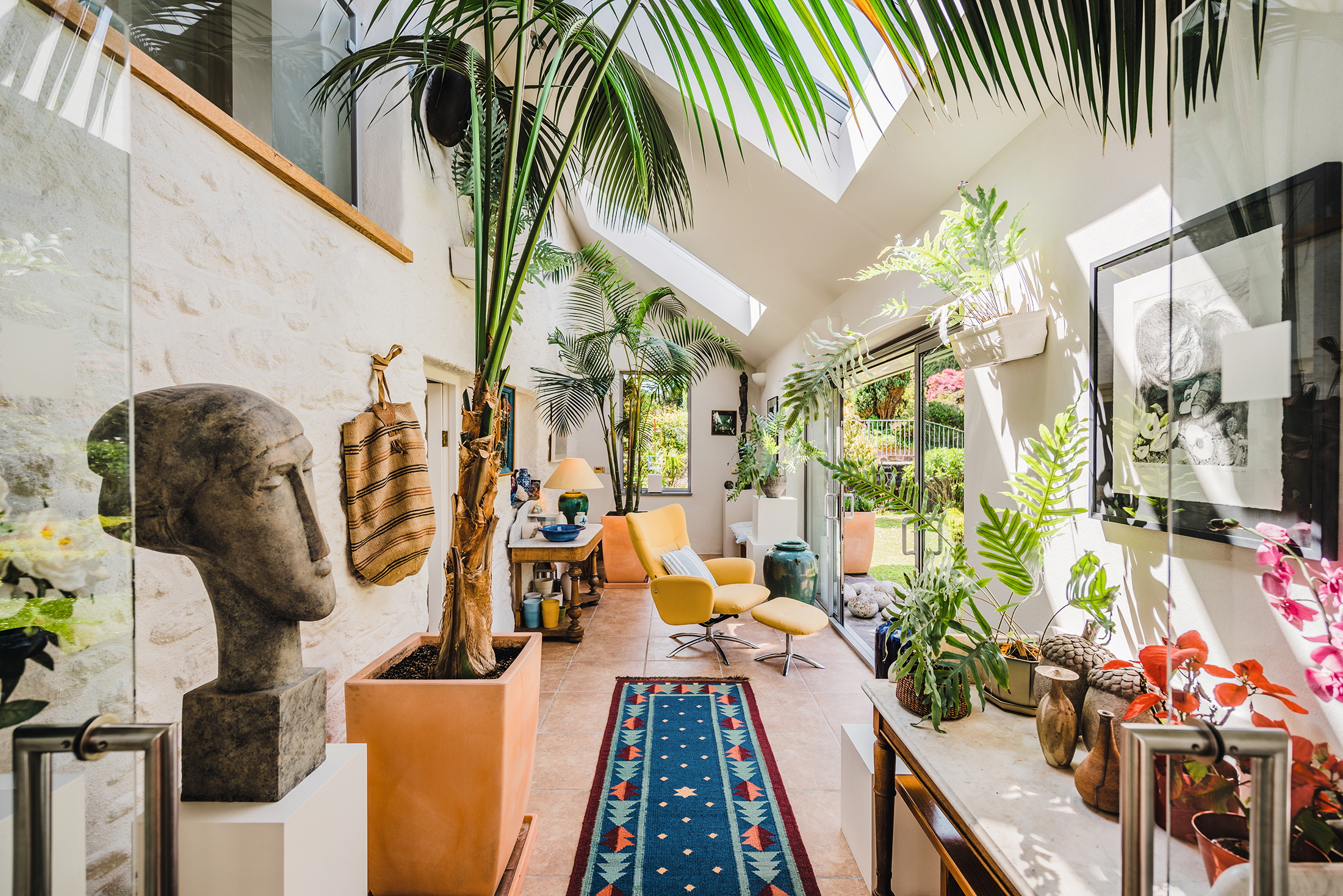
Credit: Jonathan Cunliffe
Where three became one — an intriguing conversion that created an oasis in Land's End
Embla Gew has been transformed from dereliction into a dream family home that makes the most of its exquisite position
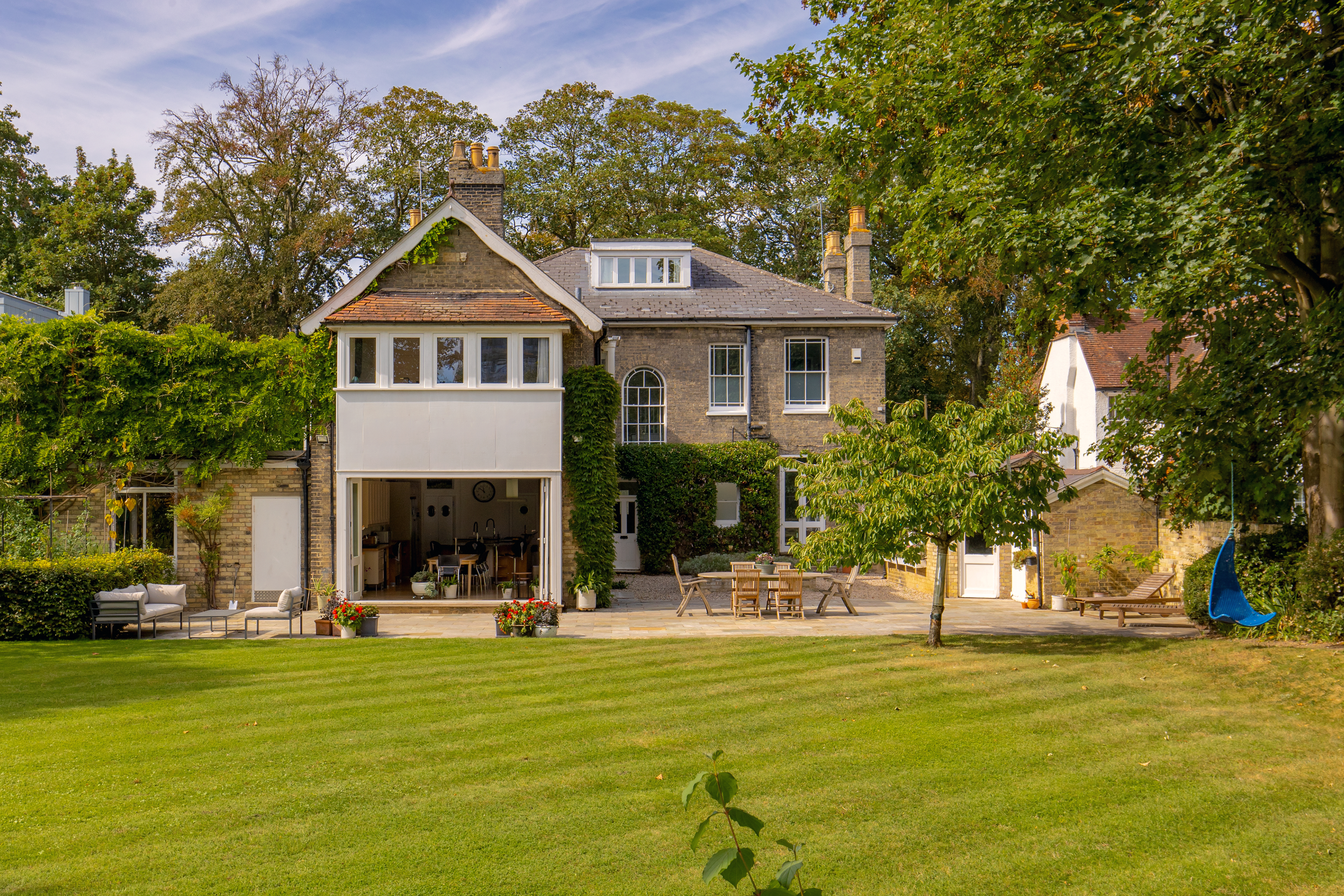
Credit: Savills
Period charm, vast gardens and huge games room as one of the grandest houses in Cambridge comes up for sale
This light, airy and beautiful home has Cambridge on its doorstep.
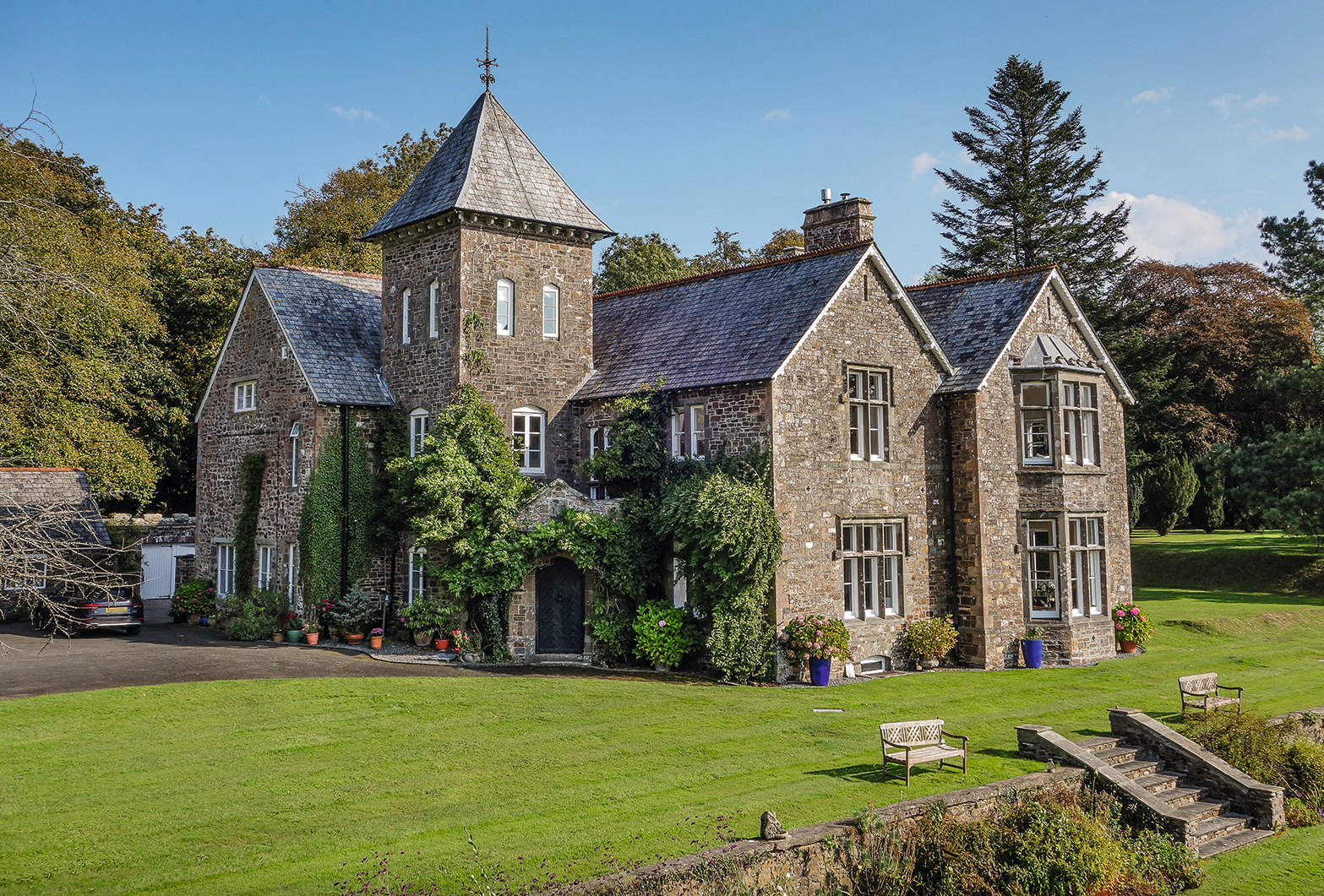
Credit: Strutt & Parker
A 16th century hall set in its own private valley in Cornwall that teems with local wildlife
Ogbeare Hall was originally built by Elizabeth I's treasurer for Cornwall and Devon and is in prime position on the

